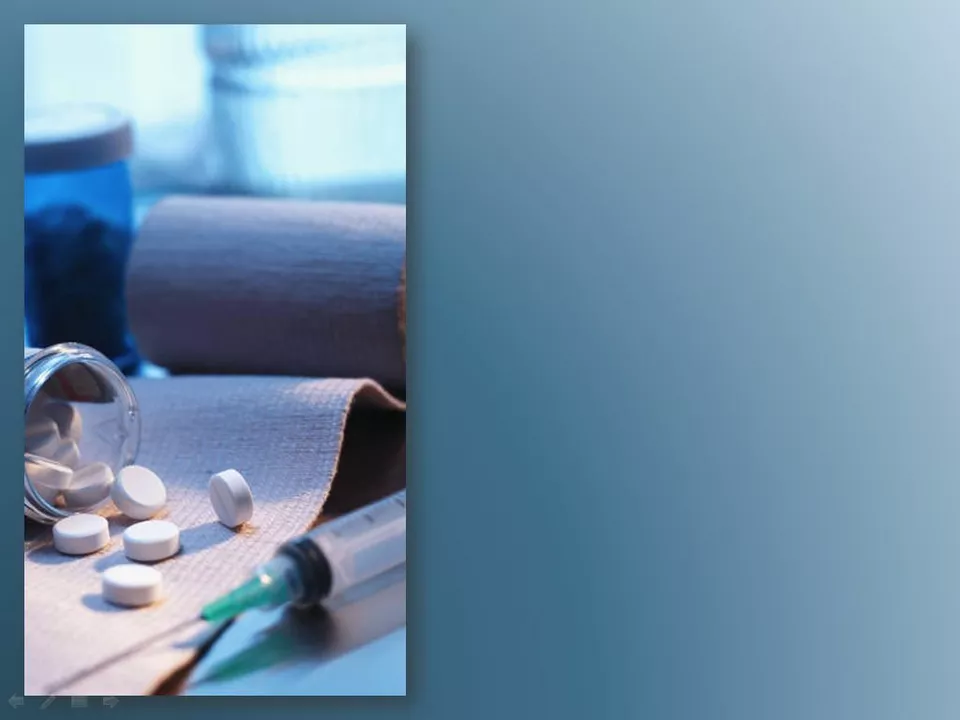Precautionary measures: simple steps to use medicines safely
Medicine helps a lot, but small mistakes can cause big problems. Here are practical precautionary measures you can use today — whether you’re picking up a prescription, ordering pills online, or caring for an older relative.
Read labels and follow directions exactly. Dose, timing, and food instructions matter. If a label says “take with food,” taking the drug on an empty stomach can change how it works or increase side effects. If you’re unsure about a dose, call the pharmacy or your prescriber before guessing.
Keep a single, up-to-date medicine list. Write down every prescription, over-the-counter drug, and supplement you take. Bring that list to every medical visit. This helps prevent dangerous interactions like mixing sildenafil with nitrates or combining diuretics with certain antidepressants.
Buying meds online — what to check
Not all online pharmacies are safe. Look for a physical address, pharmacist contact, and a requirement for a prescription for prescription-only drugs. Beware of sites that sell controlled drugs without a prescription or offer suspiciously low prices. If customs rules apply to you, check local import laws — some countries restrict quantities and certain medicines.
Use secure payment methods and avoid sites that ask for uncommon personal details. If a site seems shady, search for real user reviews and read external pharmacy reviews. When in doubt, buy from a known local chain or a verified online store.
Spotting side effects and who to call
Know common side effects for your medications and the rare but serious signs to watch for, like sudden swelling, breathing problems, severe dizziness, or fainting. For elderly family members, watch for new confusion, falls, or changes in appetite — these can be signs of electrolyte problems or drug sensitivity. If you see worrying symptoms, call your doctor or local emergency number right away.
Keep medicines out of reach of kids and pets. Store them in a cool, dry place unless the label says otherwise. Some meds need refrigeration; others must stay away from light. Throw away expired or unused medicines safely — many communities have take-back programs.
When exercising on blood pressure meds or heart drugs, monitor how you feel. Some medicines change how your body handles heat, hydration, or exertion. Start new exercise slowly and tell your clinician about plans to change activity levels.
Finally, ask questions. A good pharmacist will explain interactions, how to take a drug, and what to expect. If a drug causes weight gain, mood shifts, or odd sleep problems, don’t ignore it — ask for alternatives. Small precautionary steps keep treatment working and reduce risks for you and your family.
12
Primidone Interactions: What to Avoid While Taking This Medication
As a blogger, I want to share some important information about Primidone interactions. It's essential to avoid certain medications, like other anticonvulsants, blood thinners, and antidepressants, while taking Primidone. Additionally, be cautious with alcohol and grapefruit juice as they can increase the drug's side effects. Always consult your doctor before starting or stopping any medication to ensure your safety. Remember, being informed is the key to managing your health effectively!
Latest Posts
Popular Posts
-
 Extended Use Dates: How the FDA Extends Drug Expiration Dates During Shortages
Extended Use Dates: How the FDA Extends Drug Expiration Dates During Shortages
-
 Meniere’s Diet: How Sodium Restriction and Fluid Balance Reduce Vertigo and Hearing Loss
Meniere’s Diet: How Sodium Restriction and Fluid Balance Reduce Vertigo and Hearing Loss
-
 OTC Heartburn Medications: Antacids, H2 Blockers & PPIs Explained
OTC Heartburn Medications: Antacids, H2 Blockers & PPIs Explained
-
 Magnesium Supplements and Osteoporosis Medications: What You Need to Know About Timing
Magnesium Supplements and Osteoporosis Medications: What You Need to Know About Timing



